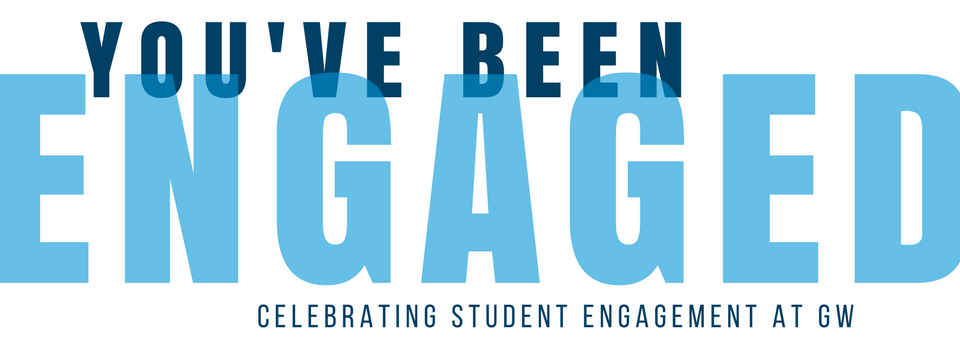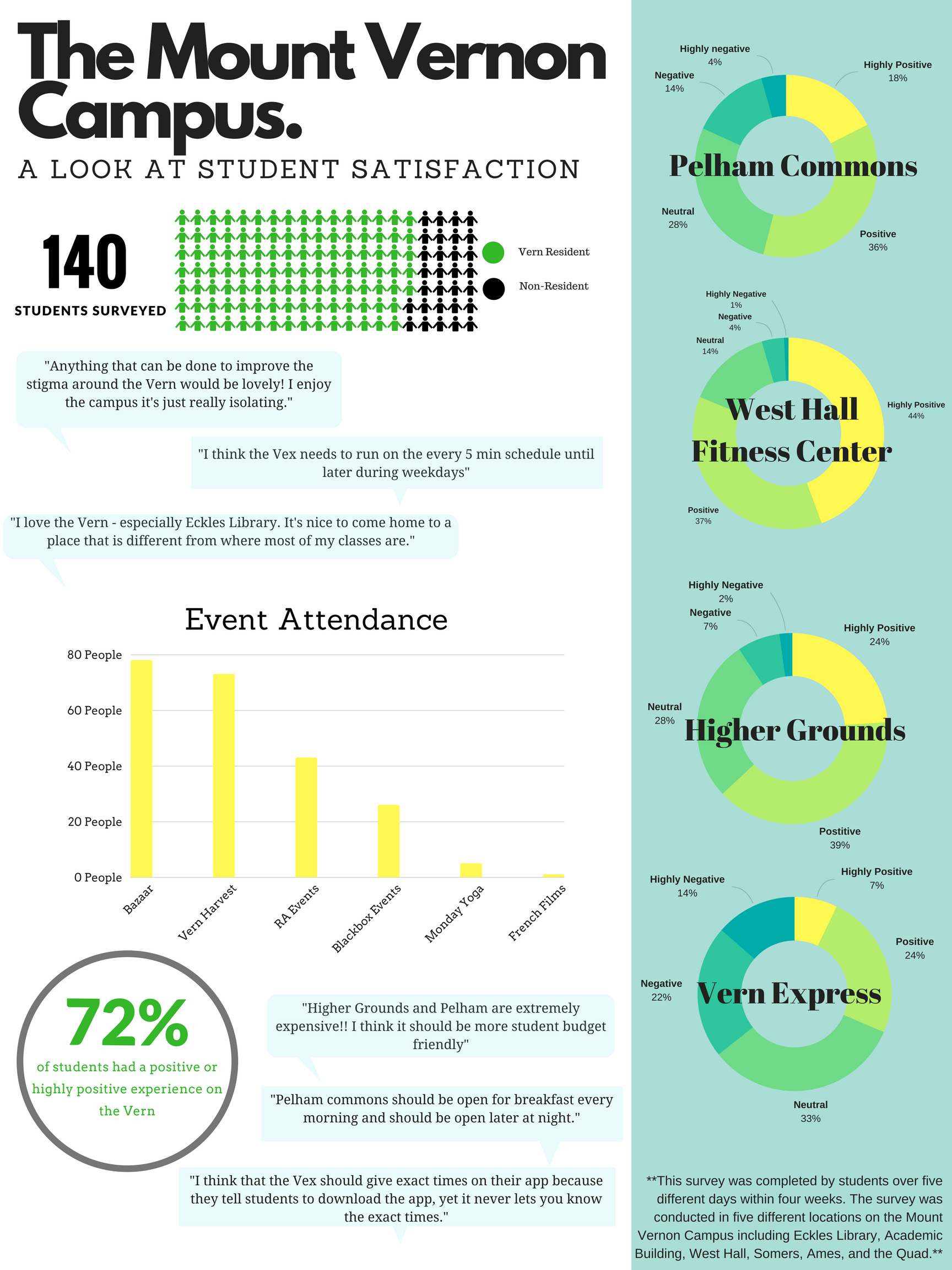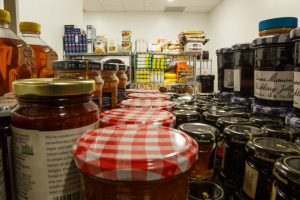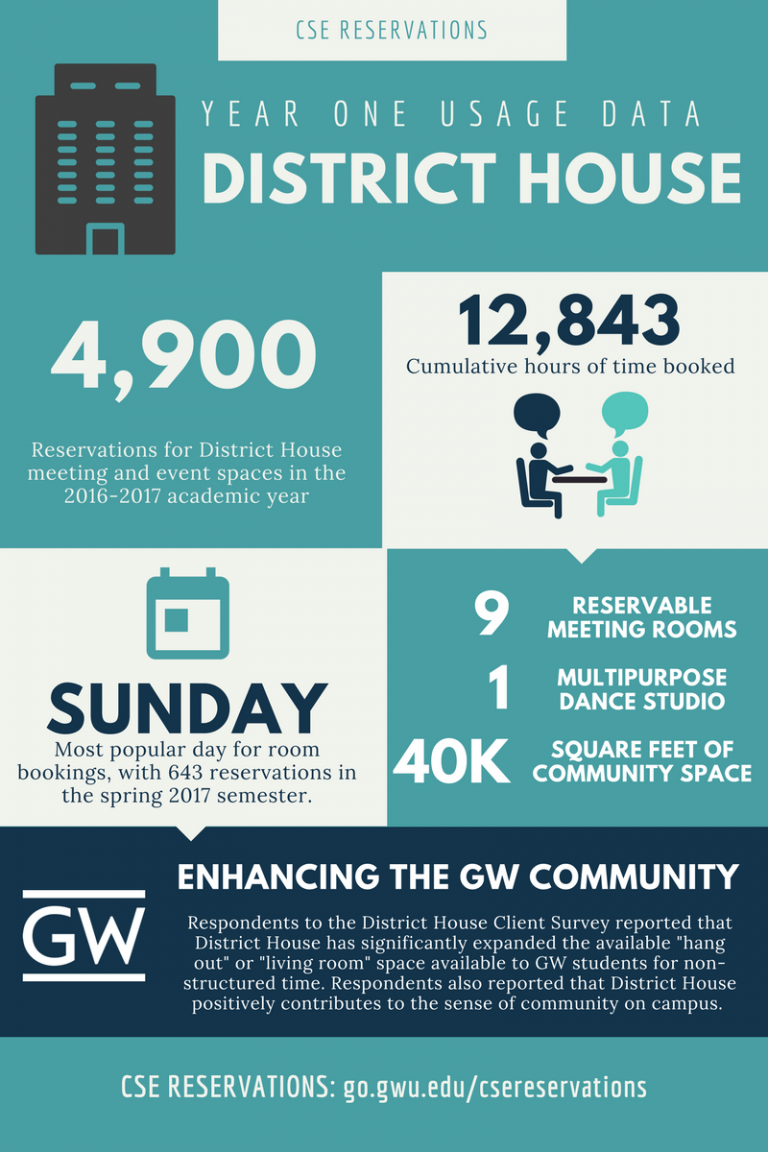by Maddie Kracov (mkracov@gwu.edu)
 The Residential Engagement Team completed its selection process for the '18-'19 Resident Advisor Team! Thanks to the help of Center for Student Engagement and volunteers from the Division of Student Affairs, we interviewed over 180 new RA candidates, ultimately selecting 63 new RAs to join the 51 returning RAs.
The Residential Engagement Team completed its selection process for the '18-'19 Resident Advisor Team! Thanks to the help of Center for Student Engagement and volunteers from the Division of Student Affairs, we interviewed over 180 new RA candidates, ultimately selecting 63 new RAs to join the 51 returning RAs.
A major goal of the selection team included ensuring that candidates gained professional skills from the process regardless of whether they were selected. As a result, we altered our application to require both a cover letter and résumé. Working with the Center for Career Services, we provided opportunities for résumé review and cover letter writing workshops. Professional development opportunities are a hallmark of the Resident Advisor program and we believe including this in our process provided a unique foundation for this goal. ...continue reading "Improving Resident Advisor (RA) Selection"








